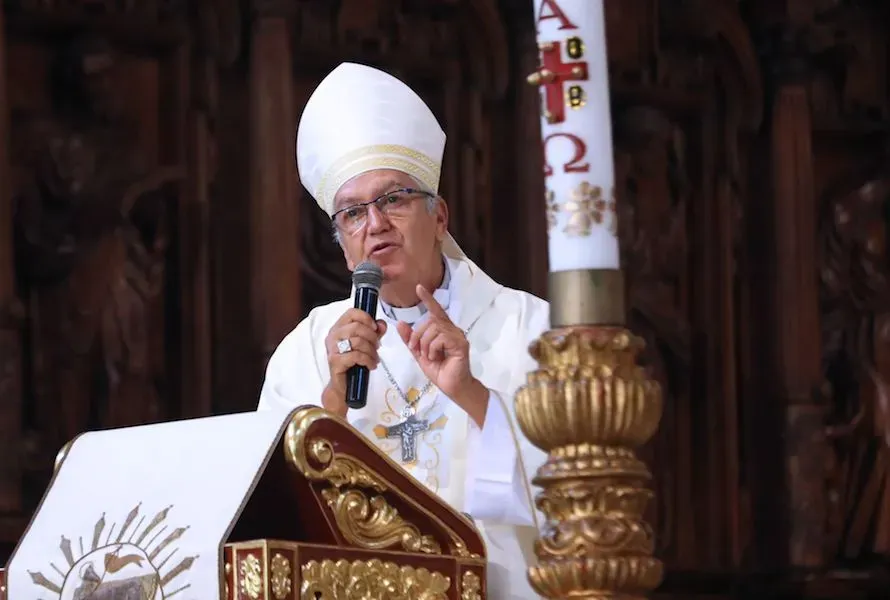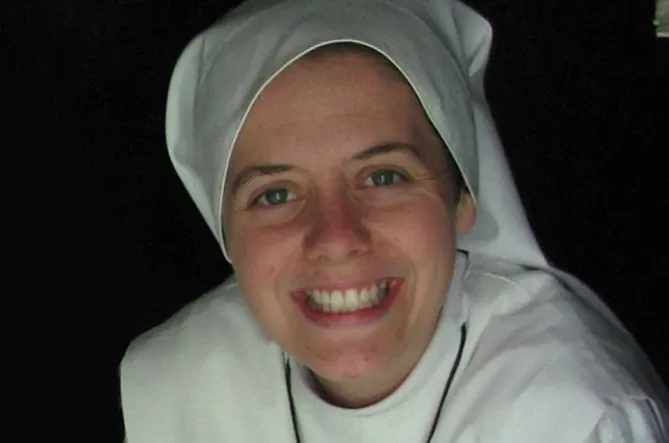"For example, for them to give me permission for families, or couples, or groups of married couples or older lay adults to take over parishes because it’s better to send priests to study a little, right?"
The Archbishop of Lima proposed "that the laity act as pastors or heads of churches, keeping the communities up and running as they do when they [the priests] go to Europe."
"In Europe there are many things in churches in Paris, for example, that lay people have gotten up and running, and they keep the Christian community going without the need for priests."
“Then there’s a priest who celebrates Mass for them once a week or twice on Sunday, whatever it may be; but we have to think of more egalitarian ways, closer to the people,” he said.
Moments later, Archbishop Castillo said that this is what “synodality” refers to and that “we did that in the consultation we made in the synodal assembly” of the Archdiocese of Lima.
"There were 800 delegates and we agreed on how to make the Church of Lima," he said.
The archbishop also said that "the pope wants the Church on a Latin American and global level to consult about how the future should be, and organize itself according to the agreement that the authorities have together with the people themselves and thus move forward."
Archbishop Castillo’s proposal is contrary to canon law, as he himself recognized.
The Code of Canon Law defines a parish as “a certain community of the Christian faithful stably constituted in a particular church, whose pastoral care is entrusted to a pastor (parochus) as its proper pastor (pastor) under the authority of the diocesan bishop,” and that a “to become a pastor validly, one must be in the sacred order of the presbyterate.”
Only as an exception "due to a shortage of priests” does canon law allow a bishop to entrust "the pastoral care of a parish to a deacon, to another person who is not a priest, or to a community of persons.”








